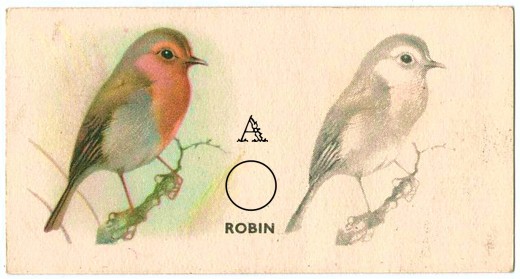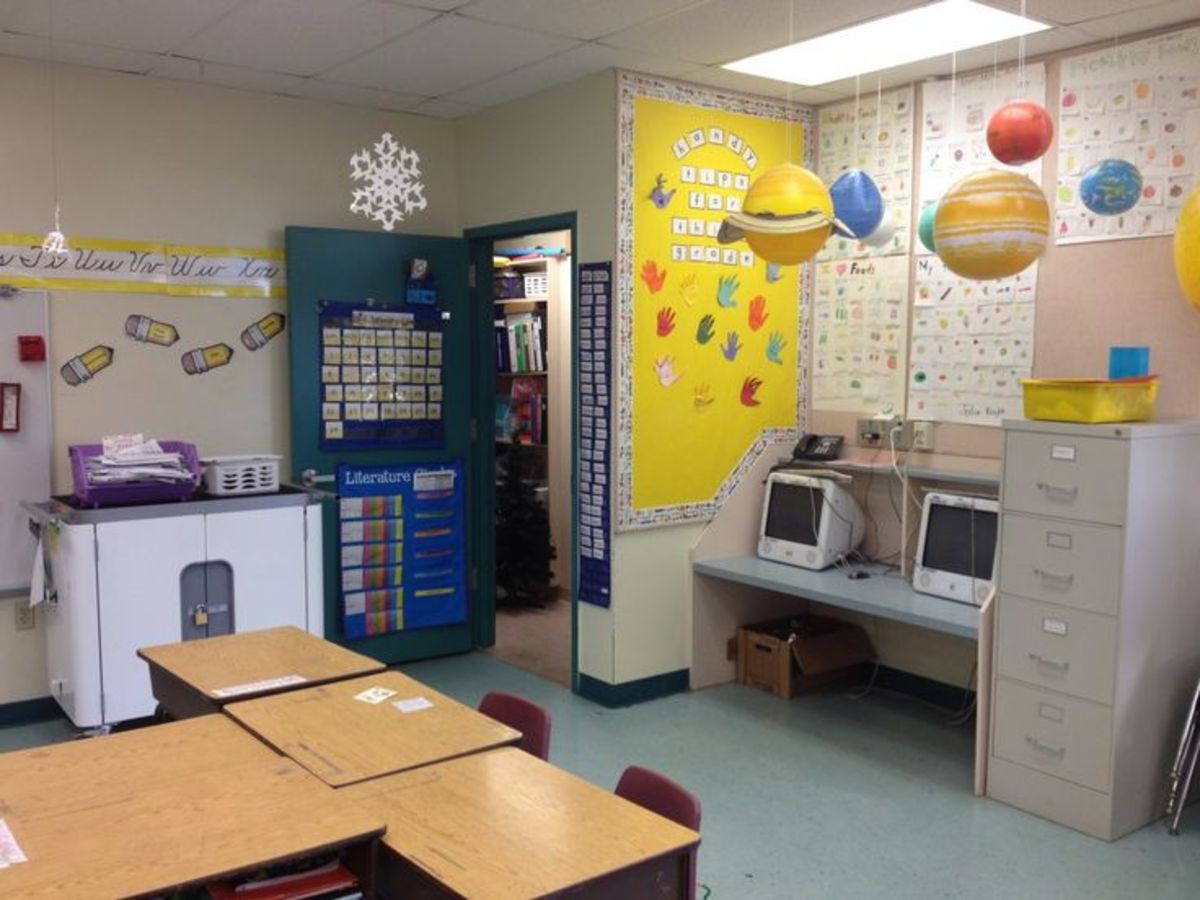How to Teach Vocabulary
Vocabulary-Learning Activities That Won't Frustrate
As an English grammar and writing teacher, the last thing I want to do to my students is to overwhelm, frustrate, or bore them with a list of words and definitions to memorize. I have found that these methods and supplemental activities for teaching vocabulary have given my students an excitement for words and meaning as well as a new ability to use words accurately and effectively.

Don't Memorize That List!
The key to teaching anything, especially something like vocabulary, is not to dish out unrelated facts for memorization and hope it sticks. Instead, teach your students how to learn for themselves by giving them the foundational principles behind what you want them to know, and then watch as their knowledge and ability to learn increases exponentially. The foundational knowledge you give them will begin to branch out into new and more specific knowledge, connected and arranged hierarchically according to importance. This is the foundation behind the liberal arts system of education, and it is also the system that works best for teaching vocabulary.
How? Let me explain with simpler and more practical advice, now that you have met the man behind the curtain.
Start with Vocabulary Roots
Each word in the English language is made up of one or more roots, mostly from Latin, Greek, and Anglo-Saxon. However, there are many English words that are derived from just one root word. This makes teaching vocabulary words from roots very simple because for every root you teach, your students will be able to accurately "interpret" two to twenty english words they had never heard of before merely because they knew the root. To start, give your students a short list of latin, greek, or anglo-saxon roots (ten to twenty at first) and the brief definitions of the roots. Do not given them the English words that come from the roots just yet, as that will be doing their job and spoiling their fun. Next, brainstorm together as a classroom or family about what words could possibly come from the roots you have given them. Keep a comprehensive list of the roots and their derivatives in front of you, only referring to it if the kids are stumped. When they correctly guess a word that comes from the root, spell the word out and write it in front of them where they can see it, then have them write the word underneath the root on their own copy of the list.
Younger grades can draw a picture representing each root next to the root on their paper. Middle school through high school grades should write their own definition of each English word on their papers. The definition can come from what definition you have given, but you should not have them write out a word-for-word definition that didn't require any mental procedure of their own.
The fun of this activity is that you can --and should-- go on bunny trails with your students. If you come across another root that needs defining (as there will often be more than two roots in a word) then have them apply their minds to that root as well. Then put the roots together in an addition equation (root + root = meaning?), and have them decipher what the answer to the equation should be by putting the meanings of the two roots together. The idea is that we are dealing with roots, and roots go places, branch out, extend fibery fingers out to the farthest corners of the soil to pick up rich nutrients. Your students will not feel drained by the end of this activity, but on the contrary they should feel like roots too: having gone to the farthest corners of their minds to find the rich nutrients embedded there, for you have worked with the knowledge they already have to easily and naturally grow into new knowledge.
Read, Write, and Draw Vocabulary Words

Teach Vocabulary Words in Context
Along with each word you introduce, try to include a funny or interesting quote that uses the vocabulary word you are discussing. Read the quote aloud and ask for volunteers to explain what they think the word means in the narrower context of the quote. Or you could ask for possible synonyms that could replace the word in question, having them shout out whatever comes to mind and only writing on the board the ones they suggested that are true synonyms. I have found that kids love a little competition and the chance to be noisy in the classroom. They will search their minds quickly for possible solutions for a substitute word and triumph when they hear their own suggestion praised and put on the board.
I also am a huge advocate of reading aloud to children. Choose a book that may be slightly challenging, but still interesting to the kids, and have them ready with pen in hand to look up and write down a new word here and there. By the time you have finished the book, the kids will have their own "glossary" of terms!
A Sample List of Roots and Vocabulary Words
bio, bi, bios (Greek): life
- biography
- biology
- bionic
aud, audit, aur (Latin): hear
- audible
- audio
- auditory
cred (Latin): trust, believe
- incredible, incredulous
- credit
luc, lum, lust (Latin): light
- translucent
- luminescent
- luster
- illuminate
min (Latin): little, small
- minor
- minimum
- minute
path (Greek): feel
- sympathy
- pathetic
phil (Greek): love
- philosophy (soph: wisdom)
- philanthropy
- Philadelphia
scio (Latin): to know
- conscious
- science
uni (Latin): one
- unite
- union
- unify
A Fun, Vocabulary-Building Activity
Once your students have a fairly good understanding of a few words and the roots they come from, it is time to make sure they really know how to use these words. Your goal is not necessarily to make sure they can select the correct answer in a multiple-choice question on each of these words in a test someday, but to make sure that they can actually use these words in writing, reading, and conversation. Vocabulary belongs to the art of conversation and communication. Let's teach it that way and it won't be dry.
One fun and always-welcome activity that helps to solidify what your students have learned involves a pass-around story that each student contributes to. To start, assign each student two vocabulary roots from your recent lesson and make sure he has notes, English words, and definitions for each of those roots. Next, have each student start with a separate piece of paper, unattached from a notebook, and put his name at the top. During this activity, each student must write one sentence on his page that includes one or more of the vocabulary words originating from the root word(s) assigned to him. The sentence is going to be the beginning of a story, so have him keep that in mind as he comes up with what to say.
For example, if I were assigned the root "scio," I could start my story, "The scientist lost consciousness when he realized he had just discovered a germ in his petri dish." The goal is to use the word correctly and in context.
The fun begins in this next step. Each student must pass their paper to the person on their right, and then, taking the paper received from the person on their left, read the previous sentence and add another sentence onto that story-- using one of their own vocabulary roots again, only this time in a new sentence. Continue passing and adding onto the stories until each story reaches it's originator. This activity will not only support their knowledge of the vocabulary words that were assigned to them, but they will also learn about the other students' words, as they see new sentences being formed with the same roots showing up again and again. The final stories are usually hilariously sprinkled with complex vocabulary words, and often make unique twists in plot to accommodate the necessary words. I have had students take their stories home declaring that they were going to publish them on their blogs, read them to their family, or work on the stories longer on their own time-- just for fun.

Vocabulary Learned, Remembered, Applied
Figuring out how to teach anything, including vocabulary, can be a daunting task. I hope my suggestions have triggered your creativity and that you will now be able to teach vocabulary with lasting impact and enjoyable results.
© 2009 Jane Grey








